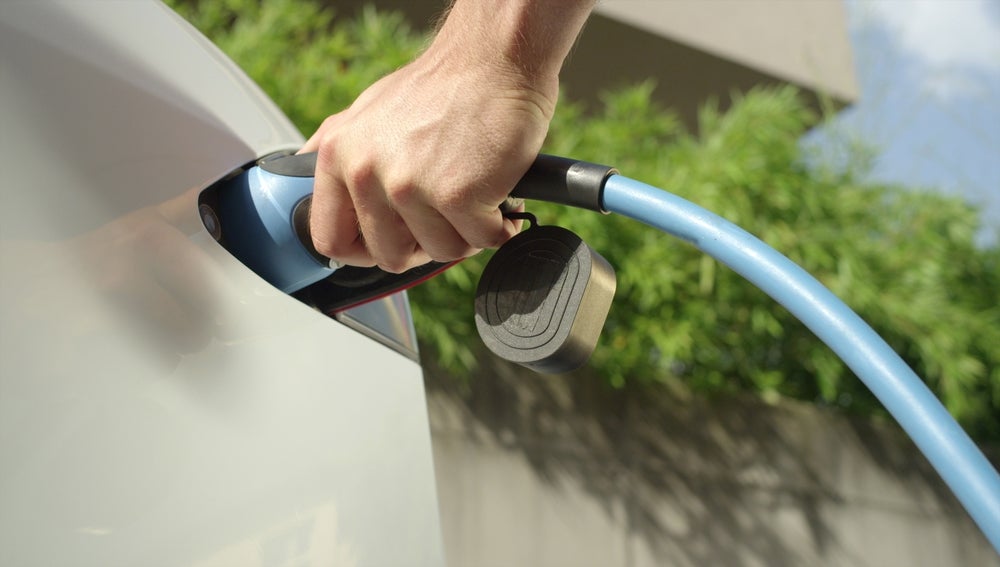
Written by Charles Stubbings, account manager at Moneybarn
As of Monday 30 March 2020, the Department for Transport (DfT) has granted vehicle owners a six-month exemption from MOT testing. This comes in light of the current coronavirus pandemic and government-sanctioned lockdown.
The exemption will enable vital services like deliveries to continue, key workers to commute and people to get essential food and medicine.
To help you understand what this new policy means for you, vehicle finance provider Moneybarn has put together a helpful guide.
The temporary extension
From Monday 30th March 2020, all cars, vans and motorcycles due for an MOT test after this date will be given a six-month extension, with immediate effect for 12 months.

US Tariffs are shifting - will you react or anticipate?
Don’t let policy changes catch you off guard. Stay proactive with real-time data and expert analysis.
By GlobalDataMotorists don’t need to fill out any paperwork and the extension will automatically be added.
However, the temporary rules are slightly different for MOT tests for lorries, buses and trailers, which will only be exempt for 3 months, starting from the 21st March.
How is it calculated?
The MOT test extension is calculated on an individual vehicle basis. So, the new due date for your vehicle MOT will be six months after its original expiration. For example, if you’re due to book into the garage by 1 April, you’ll now be expected to renew your MOT by 1st October.
Even if it’s your vehicle’s first MOT, you’ll still be given the same exemption, so don’t fret if you’re a new driver or have recently bought a new car.
What if my vehicle failed before?
If your vehicle wasn’t deemed road safe prior to this new exemption, then you won’t be given an extension and your vehicle will need to pass its MOT before you’re legally allowed to drive it.
If driving is non-essential and you’re able to carry on daily tasks without it, you’re advised not to use your vehicle if your MOT doesn’t renew, however, this isn’t possible for everyone and won’t be enforced.
What if my MOT runs out before?
If your MOT was due before the deadline, you’ll still have to get your car tested by its original due date and garages will remain open for essential repair work.
That said, if you’re unable to make it to an MOT because you’re in self-isolation or are in one of the ‘high risk’ groups, the DfT is working with insurers and the police to ensure motorists will not be negatively affected.
It’s important to remember, if you’re classed as ‘high-risk’, you mustn’t leave your home, even for an MOT test.
Tax and Insurance
Your insurance will still be valid during this exemption period, as the DfT has said they’re effectively extending MOT certificates, meaning they’ll remain valid for insurance purposes.
If your vehicle tax runs out during this period, you’ll still be able to renew it, as your current MOT certificate will be extended.
Maintenance upkeep
Though the DfT has extended MOT certificates from 30 March, its vital drivers make sure their vehicle is roadworthy. If you know your vehicle’s having problems or believe it was going to fail its MOT, you shouldn’t be driving it.
If you’re found to be driving an unsafe vehicle during this period, you’re still liable for prosecution and risk being fined up to £2500 and given three points on your license, or worse, banned from driving.
This includes but is not limited to checking your tyres are inflated and the tread meets the legal limit of 1.6mm, plus checking your battery, lights, windows and mirrors.







